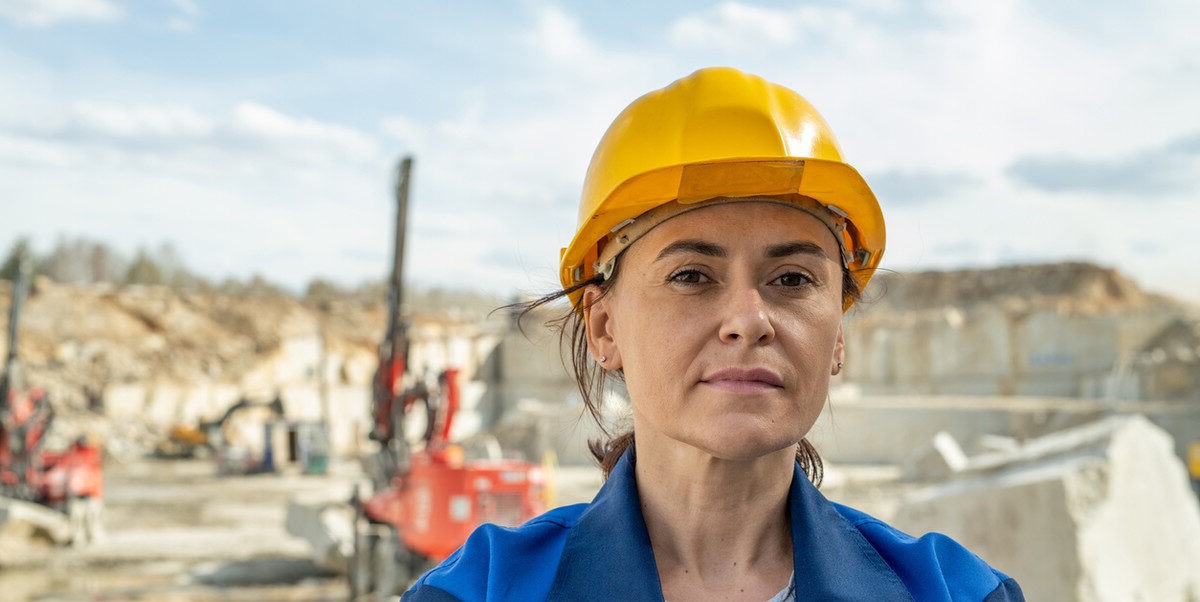Just Transition Guide: Indigenous-led pathways toward equitable climate solutions and resiliency in the climate crisis.
This guide highlights Indigenous-led climate solutions from across the North American continent.

On September 26, 2023, the Expert Exchange “Just Energy Transition for All – Gendering the debate” convened experts from the IKI JET partner countries Chile and Colombia, the Wuppertal Institute, the World Bank, and CEPAL to discuss gender-based challenges and opportunities in just energy transitions. The event showcased the vital role that women play in advocating for their rights and needs in the context of coal phase-out.
Dr. Mohr and Kate Zhou described that a “common” approach to coal phase-out is providing former miners with new jobs. However, this ignores others living in coal communities who are not formally employed by a mining company. Women comprise only a small percentage of the formal workforce and mostly work in small-scale, artisanal, and informal sectors.
Focusing on the formally employed workforce makes women more vulnerable in coal phase-out processes, especially if their perspectives are not included in transition plans. Additionally, women face unique risks, such as increased domestic violence and additional workloads due to both working in an income-generating job and doing unpaid work in the domestic sphere.
While enhancing already existing vulnerabilities in coal phase-out processes, the energy transition can provide an opportunity to positively affect women’s labour and living conditions. One way to support women in the transition is through economic empowerment—for example, by financing women-led initiatives.
The above-mentioned impacts were confirmed by experts from Chile and Colombia, who shared examples from their experiences working with women in coal-dependent regions. Dr. Fernández, Rosa Mateus and Diana Alvarez have seen many women in the regions take agency in the fight for their rights, recognition, demands, and needs in just energy transitions. Engaging and addressing men in efforts for gender equality has proven successful and is necessary for a just energy transition for all.
Naja Vargas Noriega added that gendered inequalities prevail in many energy contexts and overlap with other inequalities like food security. However, CEPAL is observing that in many countries in Latin America and the Caribbean, gender mainstreaming has found its way into policy-making. To drive these efforts, CEPAL is collecting and analysing more gender-disaggregated data to facilitate gender mainstreaming in the energy sector.
Dr. Kerstin Mohr (Wuppertal Institute)
Kate Jinghua Zhou (World Bank)
Dr. Juanita Isabel Fernández Álamos (Mujeres de Zona de Sacrificio en Resistencia)
Diana Marcela Alvarez Rojas (Tierra Digna)
Rosa María Mateus Parra (Colectivo de Abogados y Abogadas José Alvear Restrepo)
Naja Vargas Noriega (CEPAL)
Read more from our Expert Exchange series: Skilling, Upskilling and Reskilling for a Just Transition in Coal Regions
Receive updates on just energy transition news, insights, knowledge, and events directly in your inbox.